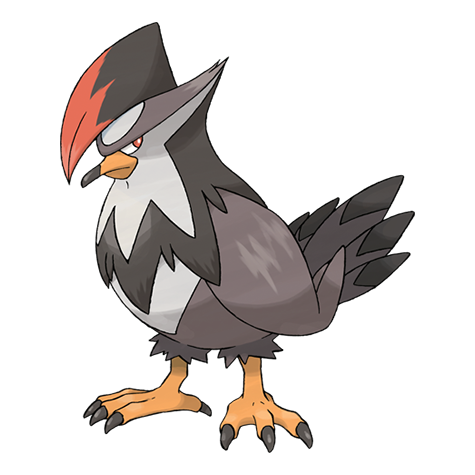I heard something to do with Nitrogen and …cow farts(?) I am really unsure of this and would like to learn more.
Answer -
4 Parts
- Ethical reason for consuming animals
- Methane produced by cows are a harmful greenhouse gas which is contributing to our current climate crisis
- Health Reasons - there is convincing evidence that processed meats cause cancer
- it takes a lot more calories of plant food to produce the calories we would consume from the meat.
Details about the answers are in the comments


It increases methane emissions and doesn’t scale
https://iopscience.iop.org/article/10.1088/1748-9326/aad401
https://iopscience.iop.org/article/10.1088/1748-9326/aad401/pdf
Further, plenty of the land that grazing takes place on is not naturally grassland, and the “grass-fed” that you’ll see anywhere are still getting grain as well
https://theconversation.com/livestock-grazing-is-preventing-the-return-of-rainforests-to-the-uk-and-ireland-198014
Places that have tried to scale grass-fed production up have all kinds of problems. For instance, New Zealand often likes to tout its grass-fed production, but the production levels are so high that it’s a heavy polluter. It would require a 12-fold reduction in size in one region to meet the bare minimum standards for drinking water safety
https://theconversation.com/11-000-litres-of-water-to-make-one-litre-of-milk-new-questions-about-the-freshwater-impact-of-nz-dairy-farming-183806